Libraries collect membership, issues and other data, but may be less confident in collecting evidence and using it to tell the story of their impact. This vital evaluation and impact initiative aims to support your library to work out what exactly needs to be monitored, how to measure what matters and ways to communicate effectively about the impact your library makes in your community. Rather than taking a ‘build it and they will come’ approach, evaluation and research can enable your library to understand the wants, needs and motivations of your users and potential users, and to work out where’s best spend your time and money to grow and support your ‘library audience’.
| We caught up with Marge recently to find out more about her and what she has planned. LIANZA: Kia ora Marge and thanks for chatting with us. We are really looking forward to working with you over the coming months. Marge: I'm delighted to be delivering the forthcoming evaluation and impact workshops and community of practice in partnership with LIANZA. LIANZA: Can you tell us about your past work? Marge: Over the last 12 years I've worked with over thirty public libraries here in the UK to support and train them in evaluation and exploratory research. I work as an independent evaluator across the cultural sector too, helping a range of organisations to evidence, learn from and share their findings. |
| I'm not an academic: whilst my work is always rooted in theory, I take a very practical approach to evaluation and don't always stick to the textbook when it comes to designing methods. Most recently I've been fortunate to be independent evaluator for three large-scale projects: Engaging Libraries 2 - a public engagement project with 14 UK library services funded by Carnegie UK Trust, Wellcome and the Wolfson Foundation; Get it Loud in Libraries (a programme of gigs in libraries across the UK and a young people's learning academy), and Digital Storytellers in Residence - a programme led by Scottish Book Trust with five library services across Scotland, which encourages digital skills learning through storytelling. I'll be sharing experiences from these projects during our time together - plus many more examples from across the cultural sector. |
| Marge: In one of my last training workshops before lockdown, I asked a group of library staff which words they'd use to describe evaluation. The responses included 'stressful, boring, last-on-the-list, numbers, Key Performance Indicators (KPIs), confusing, tick box and dull. This wasn't an isolated example. Whether it's lack of time, expertise or simply knowing where to start staff tell me they often struggle with embedding evaluation into their work for various reasons. I'm on a mission to challenge (and hopefully change) the perception of evaluation from something that's often last on the list, to something that can be strategically useful, interesting (for both staff and audiences) and ultimately - fun! |
LIANZA: Thanks Marge, we can't wait!
FUNDING AND COMMITMENT
With the support of the NZ Libraries Partnership Programme, LIANZA will fund all participants to attend four workshops and engage in a nine-month community of practice. This opportunity is offered for two cohorts of 20 professionals from across the library sector. For libraries with small teams, additional funding may be available to provide staff release time.
Commitment
Library managers will be required to indicate their commitment to supporting their participant with release time to engage in the workshops and community of practice, undertake an evaluation project and to share their learning with the library sector.
All applicants are required to send in an application detailing why they wish to attend and to indicate their commitment to engaging in the initiative, including sharing their learning at a LIANZA regional hui whakamahi in September, 2021 and at the LIANZA Conference in November, 2021.
All workshops will be delivered using Zoom and sessions will be as interactive as possible, including the use of breakout rooms for group tasks where appropriate.
Cohort One: begins Thursday September 24, 2020
Cohort Two: begins Friday October 16, 2020
Check out detailed workshop outlines and ALL dates online.
Community of Practice
A nine-month community of practice will support participants from both cohorts to put their learning into action. The purpose of the community of practice is to test and trial evaluation ideas and activity in a safe space, and to foster shared learning and networking opportunities through regular reflection workshops. Hui will be held by Zoom each month to allow adequate time for piloting and ‘doing’, with check-ins and dialogue with Marge and other participants in-between via online support channel.
Research
This initiative will be evaluated by LIANZA in partnership with Victoria University of Wellington.
APPLICATIONS AND SELECTION
If required, participant selection will be made by a panel, with preference given to LIANZA and Te Rōpū Whakahau members and staff from LIANZA member institutions.
If you have any questions about your application, please contact: [email protected]

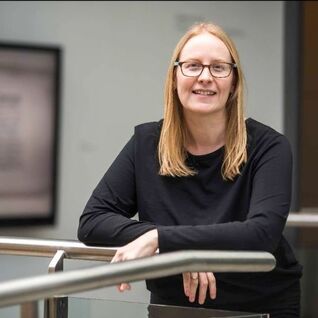
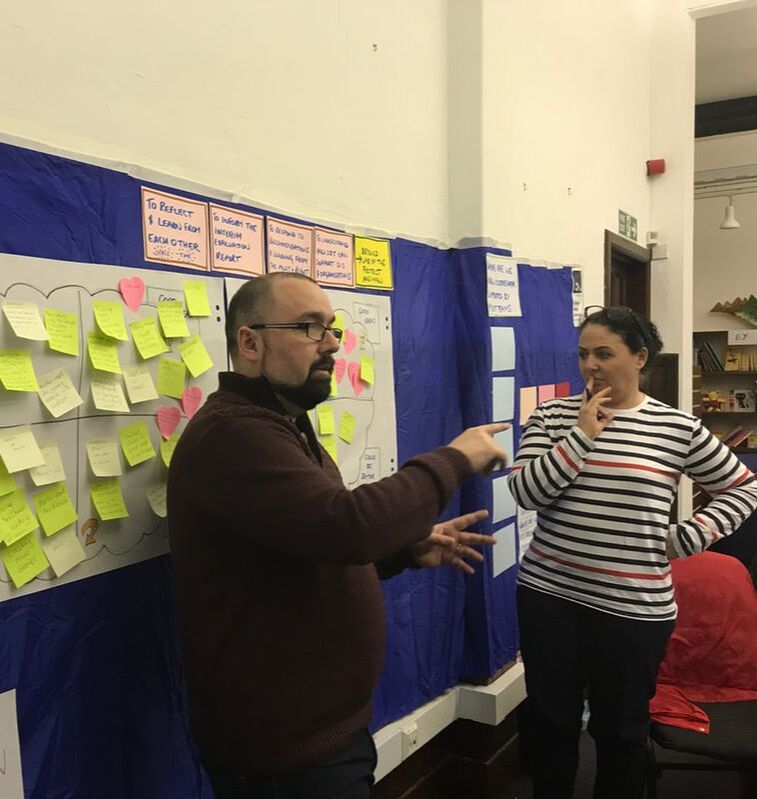
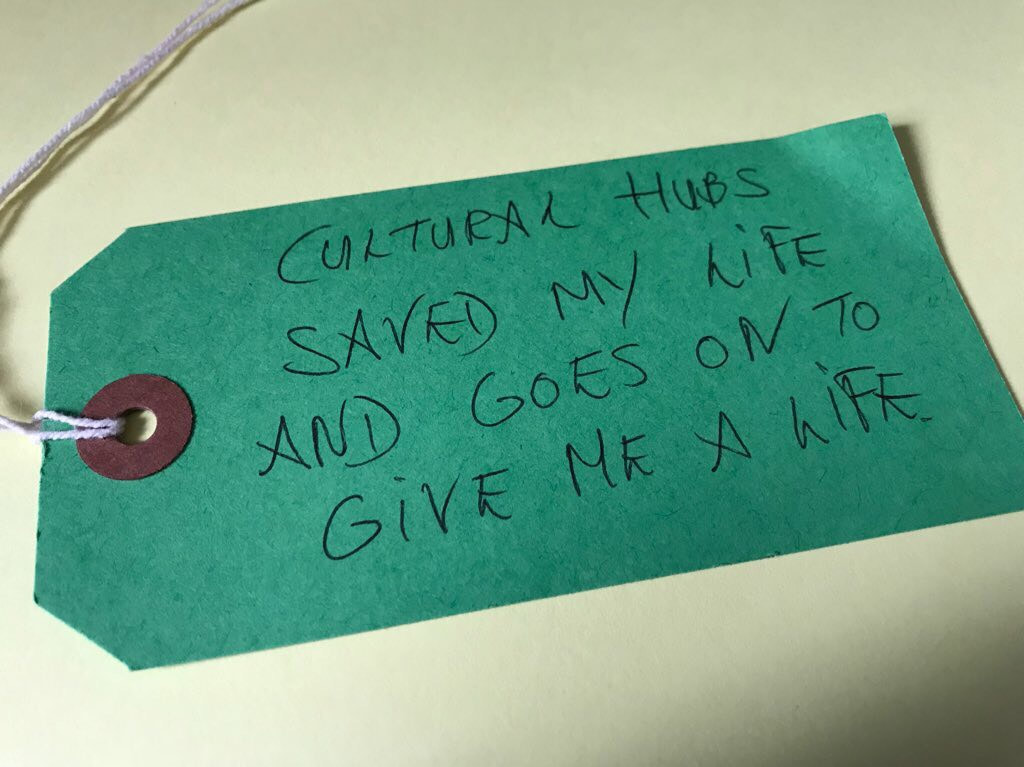
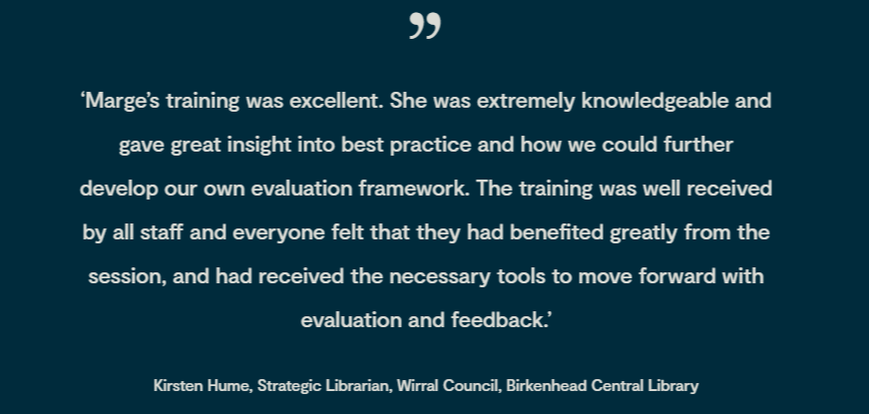

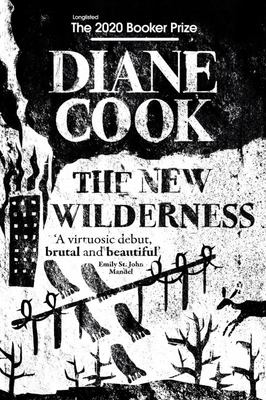





 RSS Feed
RSS Feed